Kikwete underlines innovation as the fulcrum for food systems transformation at TAAT-EiA Presidential Breakfast
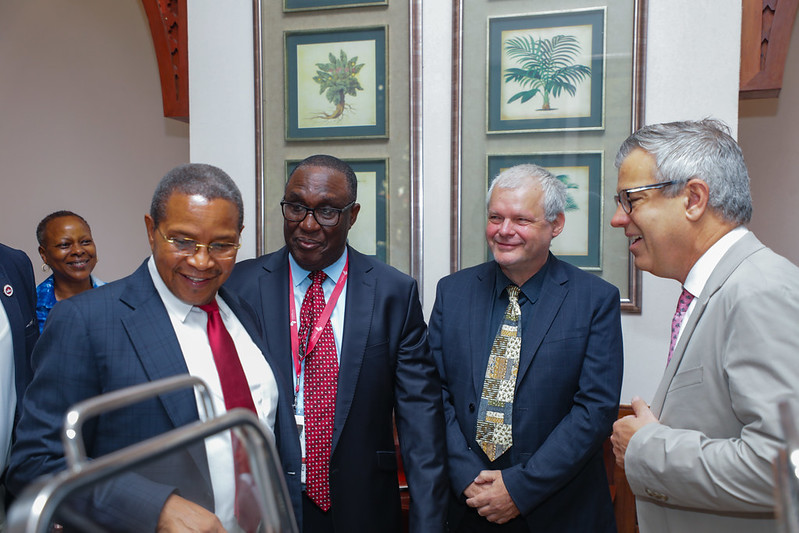
Agriculture in Africa must innovate to meet global demands, and innovation plays a critical role in making agriculture more competitive and sustainable.
Former President of Tanzania and Founder of the JM Kikwete Foundation (JMKF), Dr Jakaya Kikwete, disclosed this at the presidential breakfast session held on the sidelines of the African Green Revolution Forum (AGRF) 2023 in Dar es Salam, Tanzania.
The breakfast session, which was organised by Technologies for African Agricultural Transformation (TAAT) and the CGIAR Excellence in Agronomy Initiative, held on the 6th of September 2023 under the theme “Advancing Prosperity in Africa via Efficient Farming and Seed Systems.” The hybrid event brought together key figures in agriculture to discuss pressing issues and strategies for transforming African agriculture.
In his opening remarks, Dr Kikwete identified agriculture as a critical factor for advancing prosperity and progress in Africa. He highlighted the need for innovation as the linchpin of agricultural transformation, incorporating efficient water management practices, access to improved seeds tailored to local conditions, affordable fertiliser, farmer training and capacity-building investments, and innovative agricultural finance mechanisms.
Dr Beth Dunford, the Vice President, Agriculture and Human & Social Development at the African Development Bank, called for deepening efforts at accelerating food systems transformation across Africa through funded-country projects and strengthening seed systems.
Dr. Martin Fregene, Director of Agriculture and Agroindustry at the Bank, who represented VP Dunford affirmed that the African Development Bank, through TAAT, is accelerating the momentum in addressing transversal issues in African agriculture, improving soil fertility, discovering the untapped potential for improved water management, coordinating and advocating agricultural research initiatives, providing the necessary policy support, attracting African youth in agribusiness, and helping farmers respond to transboundary plant pests and diseases such as Fall Armyworm.
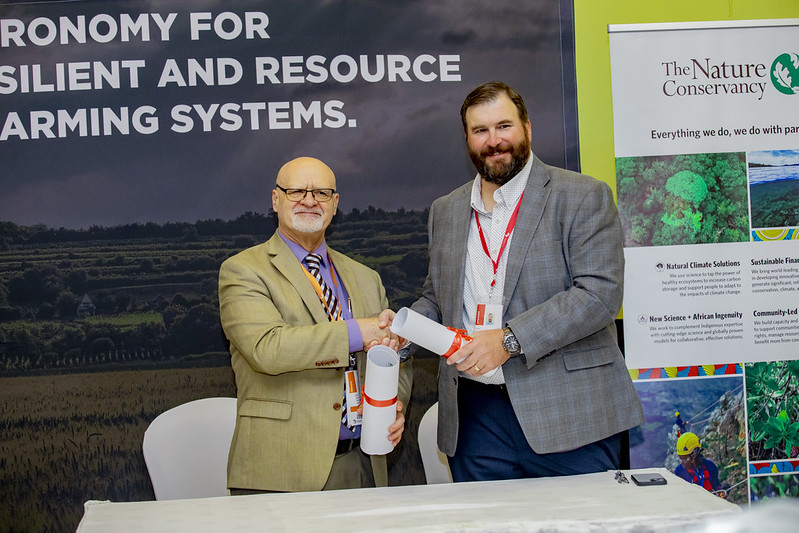
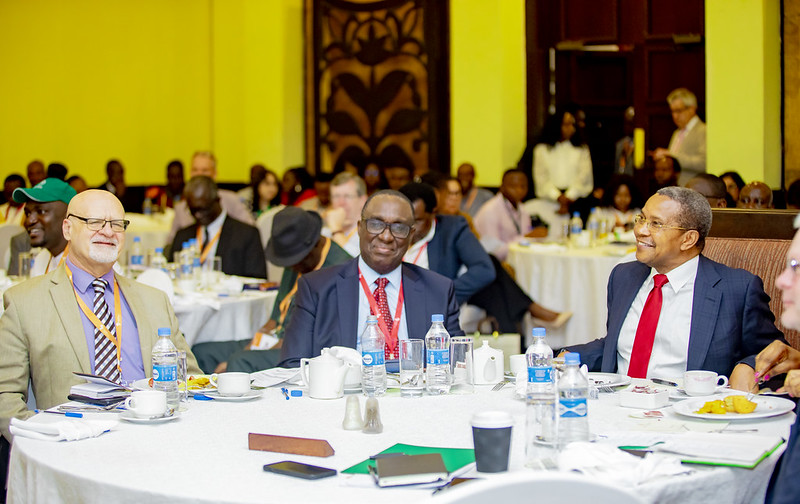
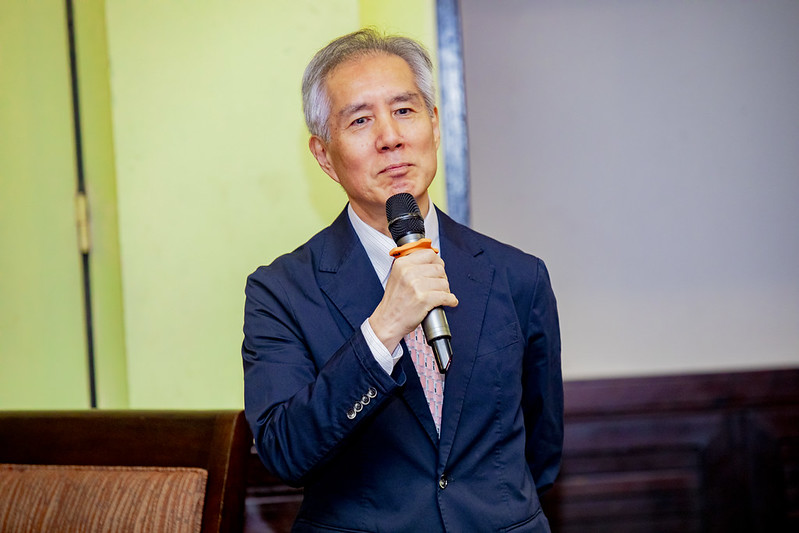
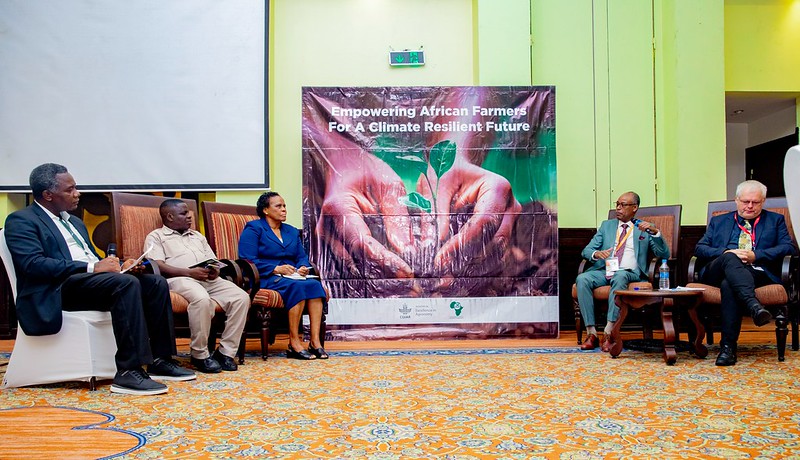
Dr. Namukolo Covic, the CGIAR‘s Regional Director for East and Southern Africa, advocated the symbiotic collaboration between seed (TAAT) and agronomy (EiA). According to her, this convergence is meticulously designed to harmonise the solutions deployed by CGIAR programs, ensuring they seamlessly support farmers, farmer support organisations, and public research and extension services. “We’re forging a path toward greater synergy and impact by bundling agronomic solutions with the TAAT seed technology offering,” she added.
The panel discussion, moderated by Dr Godwin Atser, Country Director for Nigeria at Sasakawa Africa Association, comprised Dr Bernard Vanlauwe, Deputy Director General, Research for Development at the International Institute of Tropical Agriculture (IITA), Dr Solomon Gizaw, Head of TAAT Clearinghouse, Dr Mary Mgonja, an award-winning Seed entrepreneur in Tanzania and Mr Bwenda Bainga a District Agriculture, Irrigation and Cooperative Officer in Tanzania. The panel addressed various aspects of Africa’s agricultural landscape, including the current status of farming and seed systems, the transformative potential of agronomy, improved seed varieties, and the role of Food and Agriculture Compacts in driving change.
They equally shared success stories and emerging transformational regions, insights from their experience with Technologies for African Agricultural Transformation (TAAT) as a catalyst for seed systems, strategies for ensuring economic sustainability in seed systems, notable achievements within the TAAT Cassava Compact in Tanzania, and the pivotal role of government in scaling agronomy and seed systems.
To move from rhetoric to action, the CGIAR, through the Excellence in Agronomy Initiative, signed a collaboration agreement with the Nature Conservancy to advance the frontiers of agronomy for prosperity across Africa while TAAT’s Scaling Expert, Dr. Bruno Tran, presented the TAAT technology e-catalogues, a platform to showcase a range of innovative solutions designed to drive agricultural transformation in Africa. Dr. Makoto Kitanaka, President of the Sasakawa Africa Association, expressed his association’s commitment to supporting and collaborating with TAAT, CGIAR and other stakeholders in facilitating agricultural transformation across Africa.

